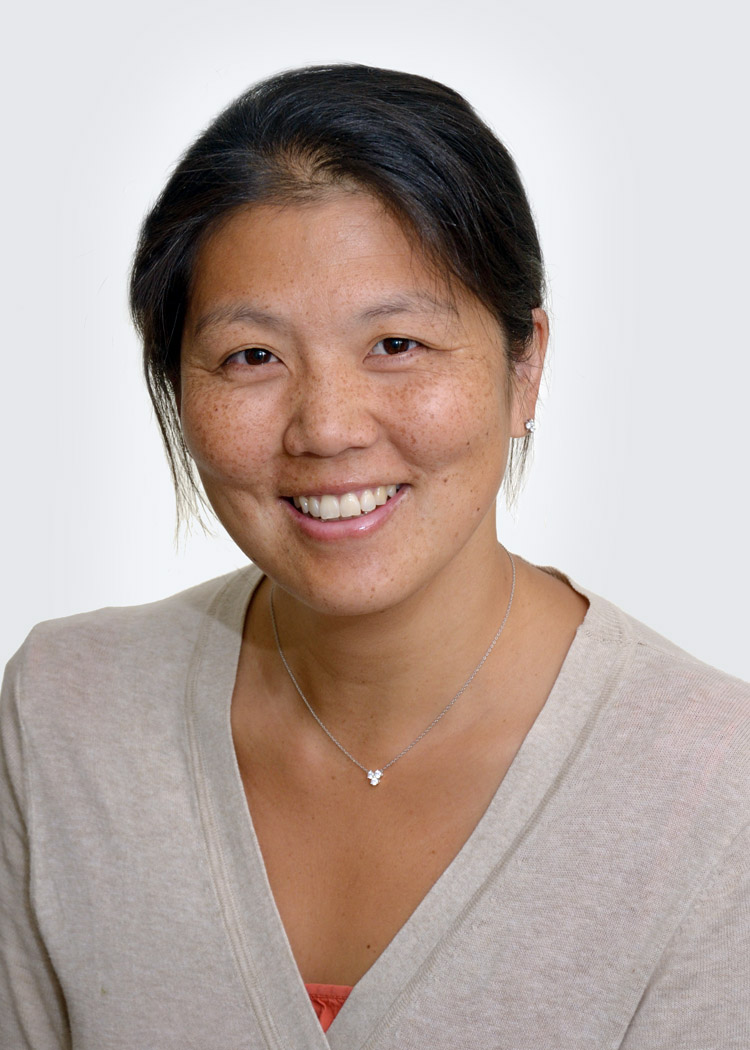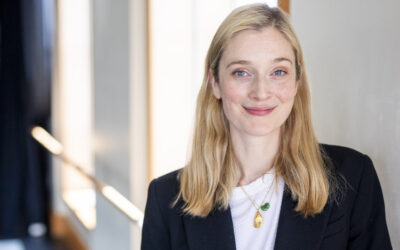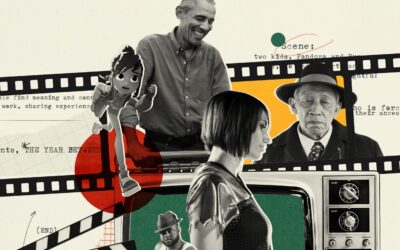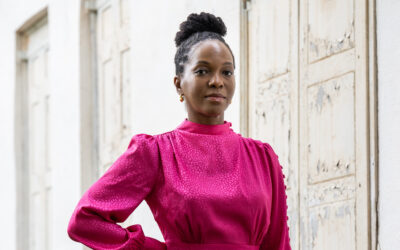An oncologist works toward more equitable health care outcomes
by Nancy Shohet West ’84
Growing up in an immigrant household, Naomi Ko ’91, P’21 observed what it meant to her Chinese-born parents to be American: hard work and a steadfast commitment to integrating into American culture. As a senior at Concord Academy, Ko took a class with Kevin Jennings called American Culture and Identity. “Kevin, and that class, changed my outlook on what I wanted to do and who I wanted to become,” she recalls. “I was inspired by a sense of social justice and wanted to go into the field of law to fight for the underserved, for all the people who don’t usually get a voice at the American table.”
Her plans changed, however, when she took a paralegal job after college and found the work both tedious and staid. In a swift course correction, Ko signed on with Teach for America and taught 33 second-graders in East Oakland, Calif., in an area plagued by crime and drugs. “It was the hardest job I’ve ever had,” she says. “What a rude awakening that was. I realized I’d been in an ivory tower, thinking about American studies and racial inequality. It was very different to actually be in the midst of it.”
Ko also took on a volunteer position in Oakland, as a community health worker at the Berkeley Free Clinic. “It’s a place that takes care of people with nowhere else to go,” Ko says. “We treated homeless teens, individuals with STDs, women who had never had gynecological care.” There, she found the opportunities to address inequality that she had long sought. Recognizing the patients’ vulnerability, she understood that the care they were receiving was “essential to their well-being,” she says. “I realized this was my passion.”

After returning to school to fulfill her medical school prerequisites, Ko earned a medical degree and then a master’s in public health at Johns Hopkins and went on to a residency at Brigham and Women’s Hospital in Boston.
Fortunate as she felt with the placement, that hospital didn’t have the clientele she most wanted to serve. “Our patients were generally well-resourced,” she says. “That population was not why I went to medical school.” She found her calling at Boston Medical Center (BMC), the city’s public hospital. Its motto, “exceptional care without exception,” seemed to embody her values and her desire to serve those who needed her most.
“Black women are 40 percent more likely to die of breast cancer than white women. That racial disparity has been growing and worsening over the decades. This is a social justice issue.”
– Naomi Ko ’91, P’21, M.D.
At BMC, Ko started her fellowship training in hematology oncology, integrating an expertise in cancer diagnosis and treatment with her lifelong passion for justice, in part by focusing on the issue of inequity in health care outcomes. “Black women are 40 percent more likely to die of breast cancer than white women,” she says, citing a paper she published earlier this year in JAMA Oncology. “That racial disparity has been growing and worsening over the decades. This is a social justice issue, and it has innumerable causes: lack of access to care, language barriers, inability to pay co-pays, illiteracy around breast cancer awareness, lack of knowledge about self-exams, insufficient access to research trials.”
Sometimes the first challenge Ko faces with a patient is simply winning over the trust of someone who has long been failed by institutions. One way she does this is by promoting BMC’s Patient Navigator System. Ko describes a patient navigator as “basically a buddy who can help you get through the cancer treatment.” But what that means varies dramatically from patient to patient and among different socioeconomic groups, she says. “For my patients at BMC, it’s likely to involve helping them find transportation to their appointments, helping them access short-term disability benefits, even working with them on approaches to homelessness and food insecurity.”
“I care so deeply about all our patients and their stories,” she says. “They are victims of racism, both overt and covert, conscious and unconscious. For a lot of my patients, institutions have worked against them their whole lives. I have the privilege every time I walk into my clinic to be able to give them the reassurance that I see you, I care about you, and I’m going to do the best I can to fight for what you need and deserve in your medical care.”


